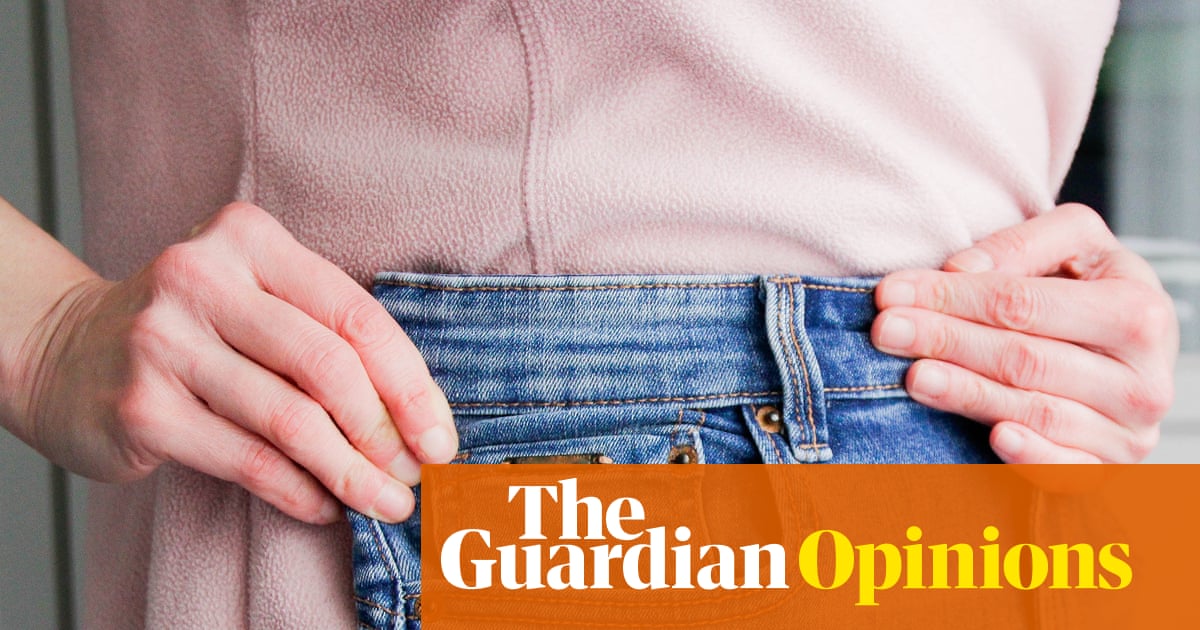
"Seeing an attractive face activates the brain's reward and social circuits releasing the feelgood hormone dopamine, writes Laura Elin Pigott, a senior lecturer in neurosciences and neurorehabilitation at London South Bank University. This hormone is also released when we happen to live up to a specific beauty standard, making this feel biologically gratifying. All is not lost though our perceptions can be retrained, apparently. The science makes it clear: our brains respond to what they're fed."
"When it comes to beauty products, I am beyond help. I do the same thing over and over again expecting different results, without ever learning my lesson. I have a bathroom full of miracle products, each of which promised the earth and failed to deliver, but didn't stop me buying another almost immediately, in-for-a-penny style. There is a fine line between being gullible and hopeful. It's like dating, but for the face no luck so far, but the next one could be The One!"
Attractive faces activate brain reward and social circuits, releasing dopamine. Conforming to a specific beauty standard also triggers dopamine, making adherence feel biologically gratifying. Perceptions of beauty can be retrained because brains respond to repeated exposure. Awareness of manipulative marketing and endorsement tactics can enable intentional change in beauty preferences, but retraining requires sustained effort and discipline. Many consumers repeatedly purchase miracle cosmetics despite knowing endorsements may be fabricated and reviews unreliable. Habit, hope, and reward-seeking drive recurring buying behavior. Changing these patterns involves deliberate practice and resisting immediate gratification from novelty or celebrity-backed claims.
Read at www.theguardian.com
Unable to calculate read time
Collection
[
|
...
]